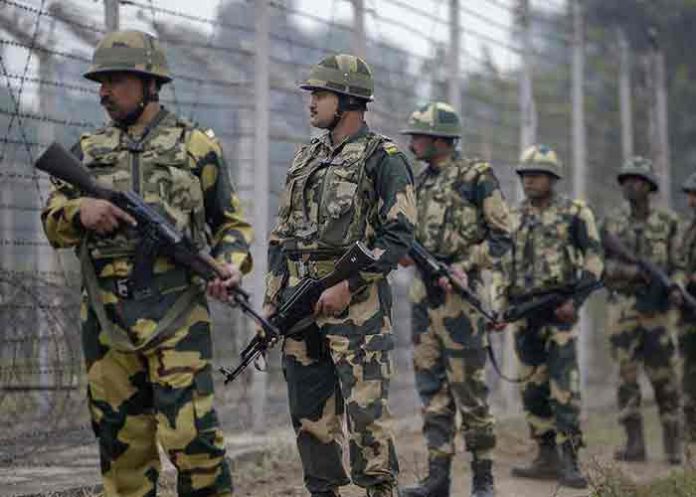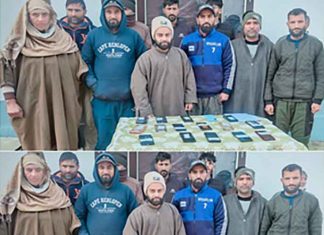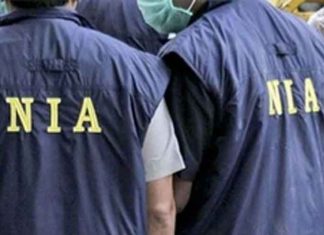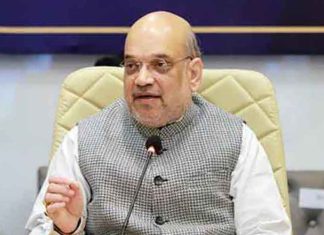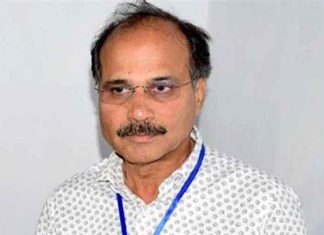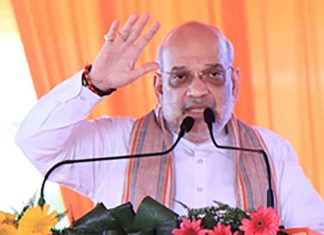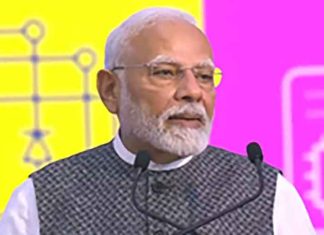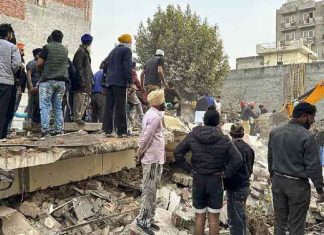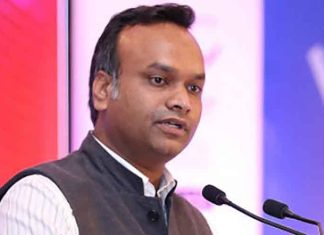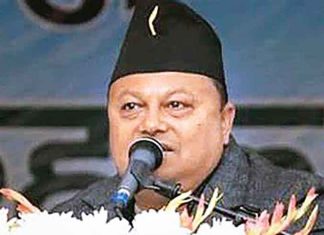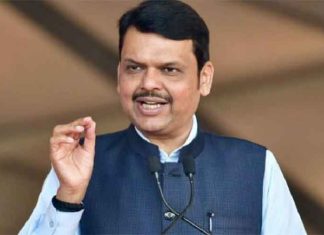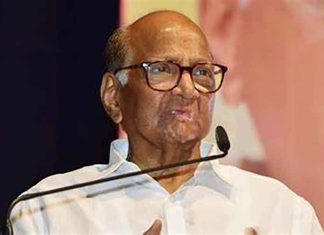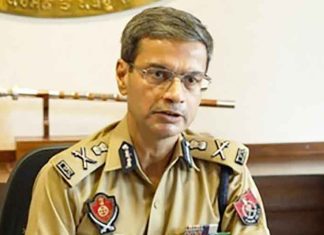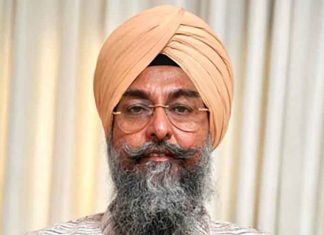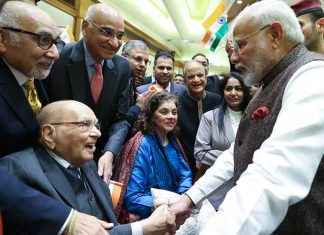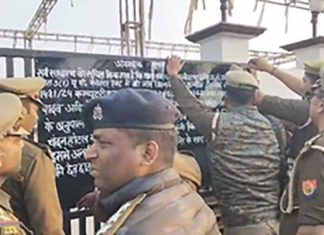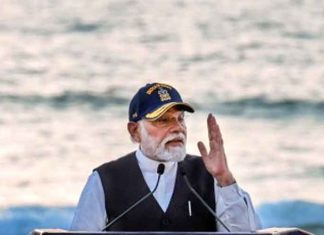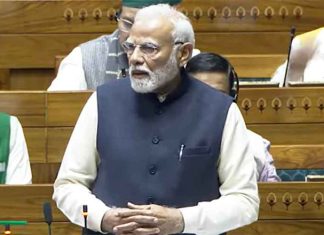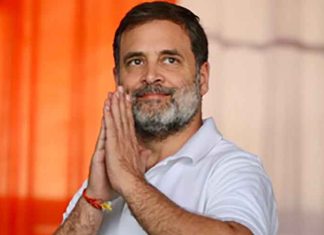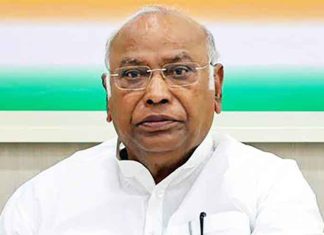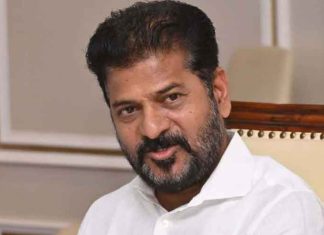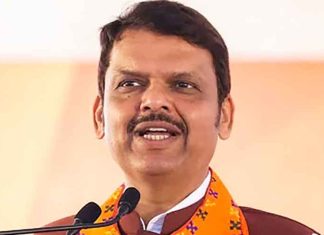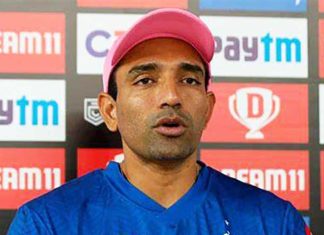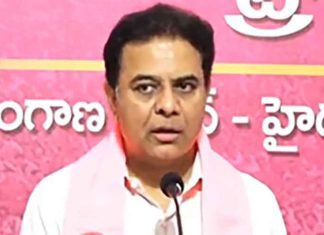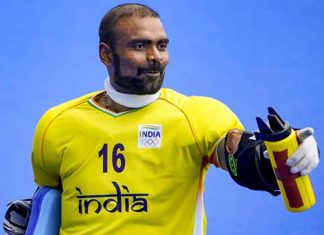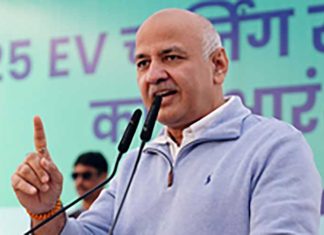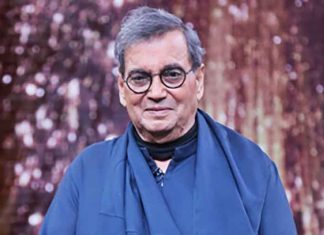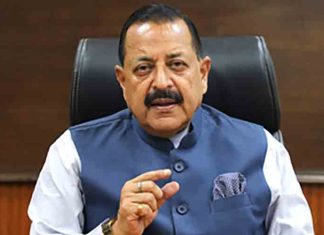New Delhi: As the country faces an enlarged spectrum of threats to its internal security, all those engaged in protecting the country – the central security set-up revolving around specialised Intelligence and Investigation agencies, para-military forces keeping an eye on the borders and on strategically sensitive establishments and the state police organisations – had their hands full in trying to measure up to their share of responsibilities.
It goes to the credit of the Narendra Modi regime that the Police Modernisation Scheme of the Centre is giving thought not only to the traditional facilities like housing and transport and in the sphere of education of children of the personnel but to the higher dimensions of efficient working rooted in morale, induction of technology for improving the performance and management ‘reforms’ needed to handle the forces better.
A basic consideration behind all these efforts was to pave the way for a stress-free environment for the personnel both at the workplace and at home which in ultimate analysis led to a more efficient output-efficiency was classically a measure of ‘productivity’ per unit of ‘time’.
Safeguarding internal security involved Intelligence-based operations, timely rushing in of Para Military Forces to assist the state police in dealing with a large open threat to law & order and a close watch against covert attempts of the enemy to infiltrate across our borders.
With the post-Cold War phenomenon of ‘proxy wars’ substituting for military attacks, management of internal security has become far more tedious requiring focused 24/7 attention of all concerned. The advent of social media as an instrument of spreading ‘radicalisation’, creating sleeper cells of terrorists and subverting a regime through influence building, has made things more complex. All of this further highlights the importance of providing the officers and men with a work environment that is free of avoidable stress.
Perhaps the most important in today’s times is to understand and apply the set of management principles that are crucial for providing such an environment. The right kind of leadership, the delegation of ‘knowledge-based’ decision-making and the existence of an absolutely fair system of credit-sharing in the organisation, pretty much summarises the prerequisites of the much-needed management reform.
More than anywhere else, security management requires a leader who commands the complete faith of those reporting to him. Such a leader is strict in tasking but was ‘nurtural’ towards the subordinates – he clearly understood that the success of security was always a collective affair and a systemic outcome.
Forces handling internal security realised that action lay closer to the ground where people lived and that the local officer sometimes was the first to have information about what was there which required an immediate response. A healthy practice of delegation of power to take a decision and act on it was therefore required to be adopted and evolved with experience.
Finally, while confidentiality was built into the management of security it was crucial to establish a system that guaranteed the award of credits where due- a senior usurping the credits of a junior is not something unknown in the profession of Police and security but such a thing would always be injurious for the force and would weaken the organisation. The success of the premium Intelligence agency of the Centre- Intelligence Bureau- was attributable to many factors the most important of which was that the system did not allow any ‘stealing’ of the credit- the organisation was quite transparent internally within the ‘need to know’ conditions even as it rightly appeared to be opaque from the outside.
In the times of Home Minister Amit Shah, Police Modernisation funds are being directed more and more towards the digitisation of records, forensic-driven investigations and the introduction of high-end technology. The HM has used the forum of the All India Police Science Congress to emphasise how criminals being equipped with new technology made it important for the police to be always ahead of them. He wanted technology to be taken to the level of ‘Beat Constable’ to make him more efficient and empowered.
The HM has been taking up this issue at the meetings of Zonal Councils as well. He is now directing the concerned quarters to work on the adoption of modern Drone Technology for security and surveillance in such areas as border security, emergency monitoring and counter-espionage.
At the Anti-Terrorism Conference held in October last year, the HM spoke of the urgency of establishing a digital platform for law enforcement agencies nationwide. The thrust on the use of technology to the advantage of Police and national security under the leadership of Home Minister (HM) Amit Shah is something that was missing earlier.
The HM has drawn attention to both the ‘risks’ as well as the ‘opportunity’ created by Artificial Intelligence (AI). There is a new-found importance attached to welfare schemes and the ways and means of reducing the duty burden of policemen, under his stewardship.
A good development is that in recent years training programmes for Police have incorporated segments that were designed to place emphasis on citizen-centric policing, human and behavioural psychology and establishment of a healthy contact with local communities.
Prime Minister Modi has taken a personal interest in the training aspects of police forces and stressed the importance of ‘strictness’ and ‘sensitivity’ in police working and of the need to view policing as a ‘patriotic’ function. ‘Friendly but not familiar’ would be a good call for police – being helpful to the law-abiding but showing a deterrent strictness in dealing with lawbreakers, is the idea behind this suggested mandate.
Another conceptual reform in police training already spelt by HM Shah is to draw a line between the bulk of training designed to be the basic part applicable to all police forces and a specialised training programme meant for the specific force or organisation to prepare the men there for performing those particular professional tasks.
It is also important that in-service ‘refresher’ courses are organised – mixed or meant for a single force – to enable the trainee officers to keep pace with the constantly changing character of security challenges.
Apart from the known training establishments of different police organisations including the SVP National Police Academy at Hyderabad that trained the IPS officers on their joining the service, the Centre is now utilising academic institutions, particularly the Gandhinagar-based Rashtriya Raksha University (RRU) established in 2020 to focus on Police Administration, Forensic Science, Internal Security etc – both by way of organising high-end training programmes as well as research – to expand the canvas of Policing and National Security in the country.
RRU has been declared as an Institution of National Importance and has done well to emerge in a short spell of time as a premier university on Police and Security offering courses of study on these subjects to both Indian and foreign students, besides running PhD programmes on many facets of policing.
A democratic state derives strength from a police force that functions efficiently, has a people-oriented methodology and works without fear or favour. Competent management of law & order was the substratum of internal security particularly when social media was being exploited to create false narratives and instigate stirs. Information and data have become an important input for study and analysis, in assessing threats to internal security.
In a federal set-up where police and law & order were state subjects, it is the duty of the Centre – howsoever difficult it could be to fulfil that duty – to ensure that a uniform standard of law & order management and measures to safeguard internal security prevailed through the length and breadth of the country. It is the responsibility of the Centre towards its citizens because India is also a Union permitting its citizens to visit and settle down in any part of the nation.
Against an unstable geopolitical environment, a situation of disquiet in India’s neighbourhood and threats of cross-border terrorism, infiltration and narcotics, made police a key player for safeguarding internal security. Police have to rise to the occasion and measure up to that challenge.
The nation needs total Centre-State cooperation in the areas of law & order handling and safeguarding of national security – both these functions had to be pitched above party politics. Disaster management has fostered this united approach in recent years and once it is understood that the nation is vulnerable also to ‘man-made’ disasters linked to terrorism, proxy wars and other forms of ‘covert’ offensive, such cooperation would be forthcoming in ample measure.
And finally, since the function of policing had become progressively tedious and demanding, Police organisations must quickly wake up to management reforms that were needed to produce a stress-free environment required for their optimal performance. (Agency)




